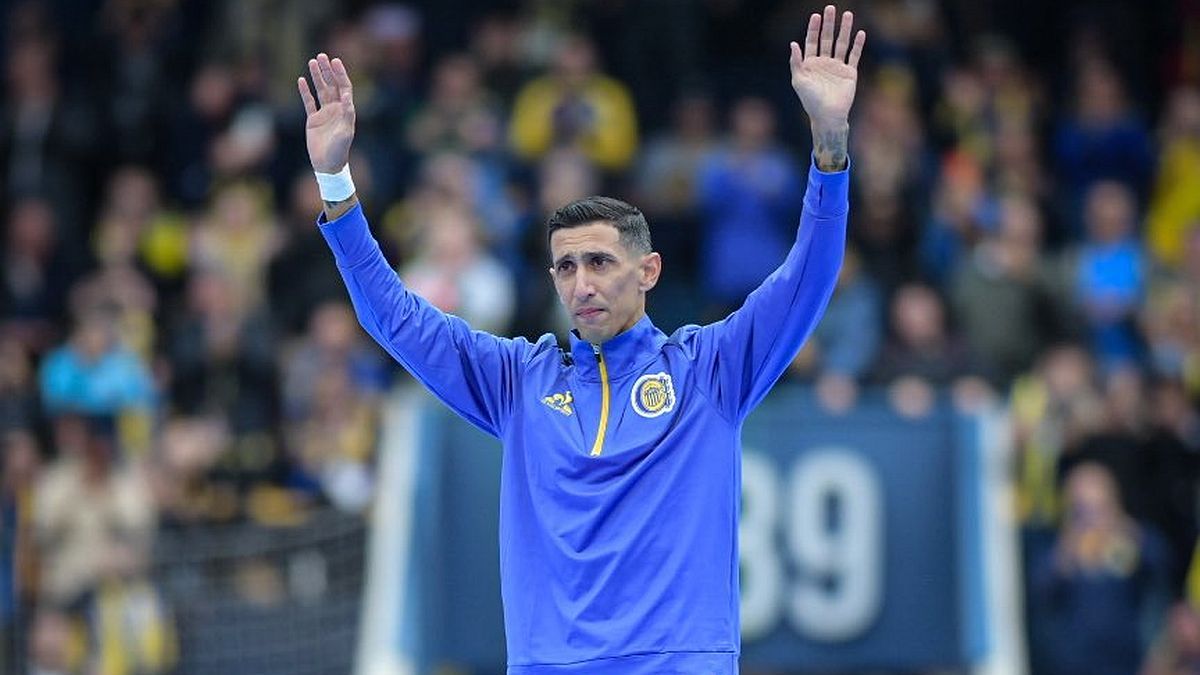Evergrande suspended its stock market operations on October 4 as it faced $ 300 billion in debt, amid investor fears about the impact of a potential bankruptcy on the Chinese economy.
Along with the resumption of its stock market operations, the conglomerate had announced on Wednesday the collapse of the agreement to sell 50.1% of its unit Evergrande Property Services Group, for a value of US $ 2,580 million.
The prospective buyer was a unit of Hong Kong real estate firm Hopson Development Holdings, which, in a stock exchange communication, “regretted to announce that the seller failed to complete the sale.” Unlike Evergrande’s assets, Hopson’s shares grew more than 12% on the Hong Kong Stock Exchange.
Evergrande said it would continue to take steps to ease its cash flow problems, but cautioned that “there are no guarantees that the group can meet its financial obligations”. In a stark verification of the current state of its businesses, the real estate giant acknowledged that it has sold only 405,000 square meters of properties between September and October, a theoretically busy season.
Real estate sales contracts totaled 3.65 billion yuan (about $ 571 million) against 142 billion yuan in the same period last year. The Shenzhen-based company, south China, has already defaulted on several dollar bonds, and the 30-day grace period for an offshore bond expires on Saturday.
The fear of the “contagion effect”
The group went public in Hong Kong in 2009, raising $ 9 billion in its initial public offering, making it the largest private real estate company in China and its owner, Xu Jiayin, the richest man in the world. country.
Xu expanded his interests with the purchase of the Guangzhou soccer team in 2010, which was renamed Guangzhou Evergrande, and invested large amounts of money in top-line players and coaches. However, the consortium began to suffer from the controls imposed by Beijing in August 2020 on real estate developers to contain its indebtedness and was forced to sell at sharply reduced prices.
There is concern about how the collapse of the company could affect the Chinese economy, whose growth slowed more than expected in the third quarter, according to data released the previous week..
A sign of the sector’s bad times, the value of houses sold in September fell by 16.9 year-on-year in September, which also saw new home prices fall in China for the first time in six years. Several local real estate rivals have defaulted on their debts in recent weeks, and their scores have been lowered.
“Contagion is emerging in various parts of China’s construction sector, triggered by problems at Evergrande and exacerbated by credit issues from other developers“Analysts at Fitch Ratings said in a report Thursday.
“Market volatility has weakened the prospects for a short-term refinancing and exacerbated the liquidity pressure of developers with weak credit profiles,” he added.
David William is a talented author who has made a name for himself in the world of writing. He is a professional author who writes on a wide range of topics, from general interest to opinion news. David is currently working as a writer at 24 hours worlds where he brings his unique perspective and in-depth research to his articles, making them both informative and engaging.




